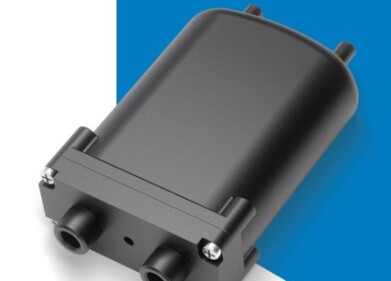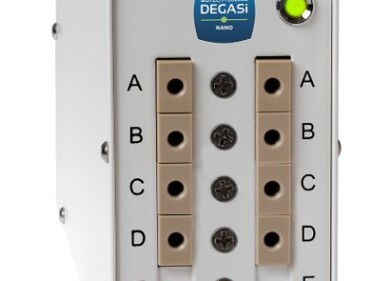Chromatography
Is Sleep the Cure to Anger?
Oct 05 2020
New research from the American Academy of Sleep Medicine suggests a good slumber could be the cure to lifting the mood and reducing feelings of anger. The findings were published in an online version of the journal Sleep, with preliminary results identifying a direct link between sleep restriction and amplified anger.
“Sleeping is understood as essential to affective function, yet little is known about how sleep shapes more specific and contextualised emotional responses besides anxiety and depression, such as anger,” reads the study abstract. “Anger itself involves arousal and can disrupt sleep. To examine the causal role of sleep in anger, a daily-diary study and an experimental study tested whether shortened sleep amplifies angry feelings, while exploring mediating mechanisms of this influence.”
Study finds lack of sleep amplifies anger
To track the importance of sleep the team analysed diary entries from more than 200 college students who were asked to track their sleep patterns, daily stress triggers and feelings of anger over a one month period. On days where participants enjoyed less sleep than usual feelings of anger were noticeably amplified.
"The results are important because they provide strong causal evidence that sleep restriction increases anger and increases frustration over time," explains co-author of the study Zlatan Krizan. "Moreover, the results from the daily diary study suggest such effects translate to everyday life, as young adults reported more anger in the afternoon on days they slept less."
“Compelling evidence” that lack of sleep increases anger
As well as analysing college student data the team conducted a laboratory experiment sampling almost 150 participants. Each participant was asked to either maintain their regular sleep pattern or reduce their usual schedule by around five hours over two nights. After adjusting sleep patterns, the team assessed anger levels by exposing participants to irritating noise. While well-rested participants easily adapted to the noise and reported lower levels of anger, sleep-restricted participants exhibited higher levels of irritation and anger. This suggests there is a direct correlation between lack of sleep and the capacity to adjust to frustrating situations and control angry emotions.
“Together, these results provide compelling evidence that lost sleep amplifies anger in both the laboratory and everyday life, while also pointing to short-term (subjective sleepiness) and mid-term (stress) mediators of these influences,” reads the study conclusion. “The findings also point to the value of examining specific emotional reactions (and their regulation) in the context of sleep disruption, alongside affect more broadly.”
From sleep studies to pharmaceutical, science plays a critical role in advancing public health. To find out more about the latest breakthroughs don’t miss ‘Simultaneous Analysis of Combination Drugs by HPLC-DAD’ which introduces the fast, accurate combination drug identification and quantification methods developed by SCION Instruments.
Digital Edition
Lab Asia 31.6 Dec 2024
December 2024
Chromatography Articles - Sustainable chromatography: Embracing software for greener methods Mass Spectrometry & Spectroscopy Articles - Solving industry challenges for phosphorus containi...
View all digital editions
Events
Jan 22 2025 Tokyo, Japan
Jan 22 2025 Birmingham, UK
Jan 25 2025 San Diego, CA, USA
Jan 27 2025 Dubai, UAE
Jan 29 2025 Tokyo, Japan
.jpg)


















